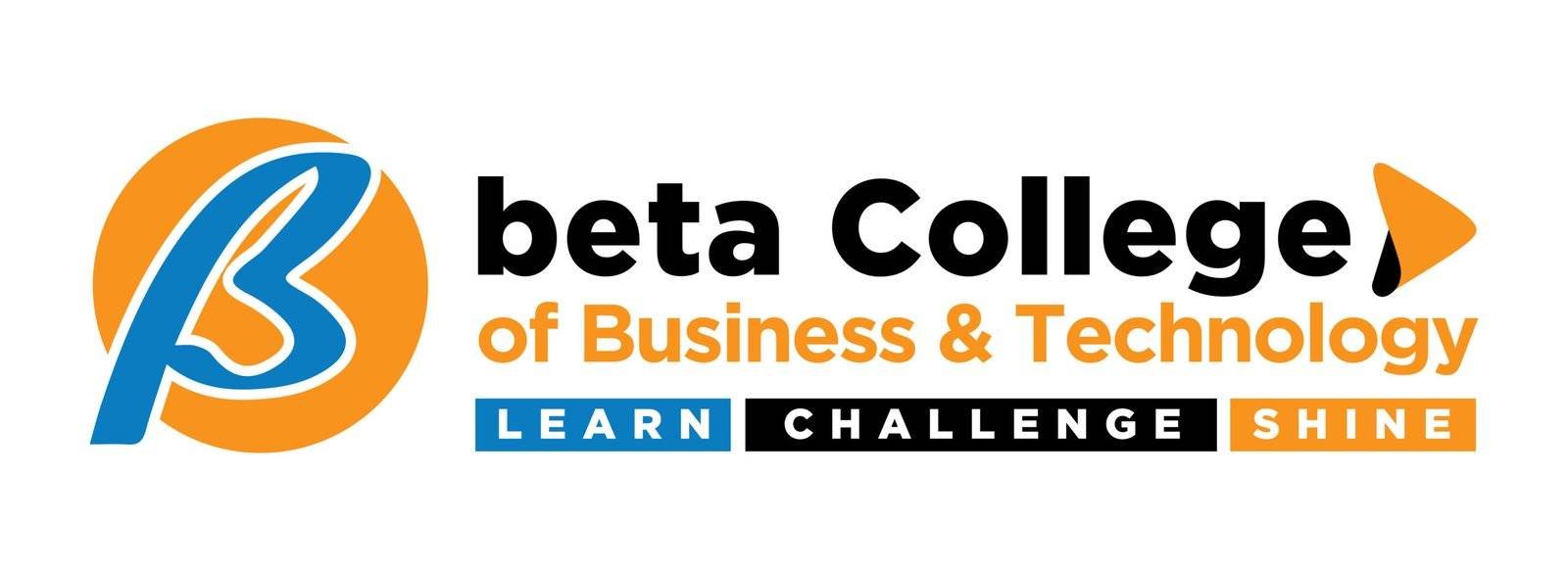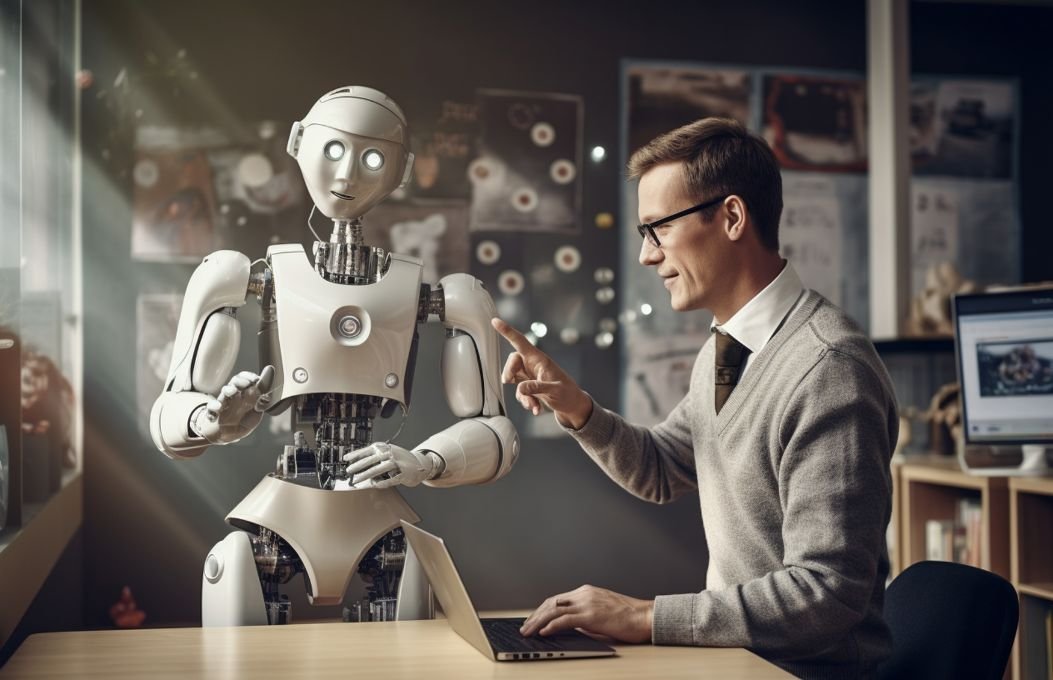In the rapidly evolving digital landscape, generative AI is revolutionizing the way businesses operate. From content creation to process optimization, AI-driven technologies are driving unprecedented levels of innovation. This blog will explore how generative AI is transforming modern businesses, empowering leaders and teams to innovate, improve efficiency, and scale faster.
What is Generative AI?
Generative AI refers to a class of algorithms that can create new content based on existing data. Unlike traditional AI, which follows predefined rules and patterns, generative AI can generate unique outputs, such as text, images, music, or even software code. The breakthrough lies in its ability to “learn” from a vast array of data and then produce new outputs that reflect that learning.
At its core, generative AI models are based on deep learning frameworks like Generative Adversarial Networks (GANs) and transformer models such as GPT (Generative Pre-trained Transformers). These models are capable of understanding context, identifying patterns, and generating creative results.
Generative AI in Modern Businesses
Content Creation and Marketing
In digital marketing, content is king. Generative AI is helping businesses produce vast amounts of high-quality, tailored content at scale. From blog posts, articles, and social media posts to email marketing campaigns, AI can generate persuasive, relevant content that resonates with target audiences. It can also assist in keyword optimization, helping marketers improve SEO performance and drive traffic. For example, tools like ChatGPT and Jasper AI are already being used by marketers to create engaging content in minutes rather than hours. This capability allows businesses to remain competitive, ensuring they can meet the growing demand for personalized, frequent communication with customers.
Product Design and Development
Generative AI is also reshaping product design, enabling businesses to develop innovative products faster. By analyzing vast amounts of data on consumer preferences, materials, and existing designs, AI models can suggest new product designs that are not only functional but also optimized for cost, efficiency, and appeal. Companies like Nike and Autodesk have integrated generative AI into their design processes. AI-generated designs help engineers and designers rapidly prototype products, reducing time to market and ensuring product offerings meet consumer demands.
Customer Service Automation
Businesses are now using generative AI to enhance customer service operations. AI-powered chatbots and virtual assistants, for instance, are revolutionizing how businesses handle customer inquiries. These systems can manage routine questions, troubleshoot problems, and even assist in guiding customers through purchasing decisions, all without human intervention. A great example of this is AI customer support tools like Zendesk’s Answer Bot, which can address customer queries at any time, providing instant, accurate responses. This not only improves customer satisfaction but also reduces the workload on human support agents, freeing them to handle more complex or sensitive issues.
Personalized Customer Experiences
Generative AI is transforming the way businesses deliver personalized customer experiences. Through AI-driven algorithms that analyze vast amounts of data—ranging from browsing history to past purchases—businesses can offer hyper-personalized recommendations that cater to each individual’s preferences. This leads to improved customer engagement and higher conversion rates. Retail giants like Amazon use AI-powered recommendation engines to suggest products that customers are more likely to buy, enhancing the shopping experience. Netflix leverages AI to recommend movies and TV shows based on viewing habits, keeping users engaged on the platform longer.
Streamlining Business Operations
One of the most significant impacts of generative AI is in improving internal business processes. AI can analyze operational data and suggest improvements in areas like supply chain management, logistics, and human resources. By identifying inefficiencies and automating routine tasks, businesses can significantly reduce costs and improve productivity. For example, AI can help optimize supply chains by predicting demand more accurately, reducing waste, and ensuring that products are delivered to the right places at the right times. In human resources, AI can assist with tasks like recruitment by screening resumes, conducting initial interviews, and even suggesting the best candidates for the job.
Revolutionizing Data Analytics
In the world of big data, generative AI is a game-changer. It allows businesses to generate predictive models that help in decision-making. AI can forecast trends, market shifts, and consumer behavior with a high degree of accuracy, enabling businesses to adapt swiftly to changes in their industry. For instance, AI-powered analytics tools can evaluate large datasets to predict future sales trends, helping companies make informed decisions about product launches, marketing strategies, and inventory management. These predictive capabilities are particularly valuable in industries like finance and retail, where staying ahead of market trends is crucial to success.
Challenges and Ethical Considerations
While generative AI offers tremendous benefits, it also presents challenges. One of the most significant issues is the ethical use of AI-generated content. With AI’s ability to generate human-like text, images, and even videos, businesses must ensure that they are not inadvertently promoting misinformation, plagiarism, or inappropriate content. There is also the risk of bias in AI-generated models, which can perpetuate inequalities or discriminatory practices if not carefully monitored.
Moreover, the introduction of generative AI into the workforce raises concerns about job displacement. Automation of tasks such as content creation, customer service, and data analysis could lead to reduced demand for human workers in these areas. Businesses must strike a balance between embracing AI’s efficiency and ensuring their workforce can adapt to new roles and responsibilities.
The Future of Generative AI in Business
Generative AI is still in its early stages, and the possibilities are endless. As technology continues to advance, we can expect to see even more innovative applications of AI across industries. From automating legal contracts and designing buildings to generating personalized learning experiences, AI will continue to reshape the way businesses operate and interact with customers.
One particularly exciting area of development is in the field of artificial creativity. Businesses may soon leverage AI to create original artwork, music, or even entire marketing campaigns that are indistinguishable from human-created content. The potential for AI to assist with creative endeavors is vast, and this could unlock new levels of innovation for businesses of all sizes.
Additionally, advancements in AI regulation and governance will be key to ensuring that generative AI is used responsibly. Governments and organizations will need to collaborate to create ethical frameworks that protect consumers while fostering innovation.
Conclusion
Generative AI is rapidly transforming modern businesses, providing unprecedented opportunities for innovation, efficiency, and personalization. By automating routine tasks, improving decision-making, and enabling new creative possibilities, AI is empowering businesses to remain competitive in an increasingly fast-paced digital world.
As generative AI continues to evolve, businesses that embrace its potential will be well-positioned to lead the way in their industries. However, it’s essential to approach AI adoption thoughtfully, considering both the ethical implications and the potential impact on the workforce. By doing so, businesses can harness the power of generative AI to build a brighter, more innovative future.


